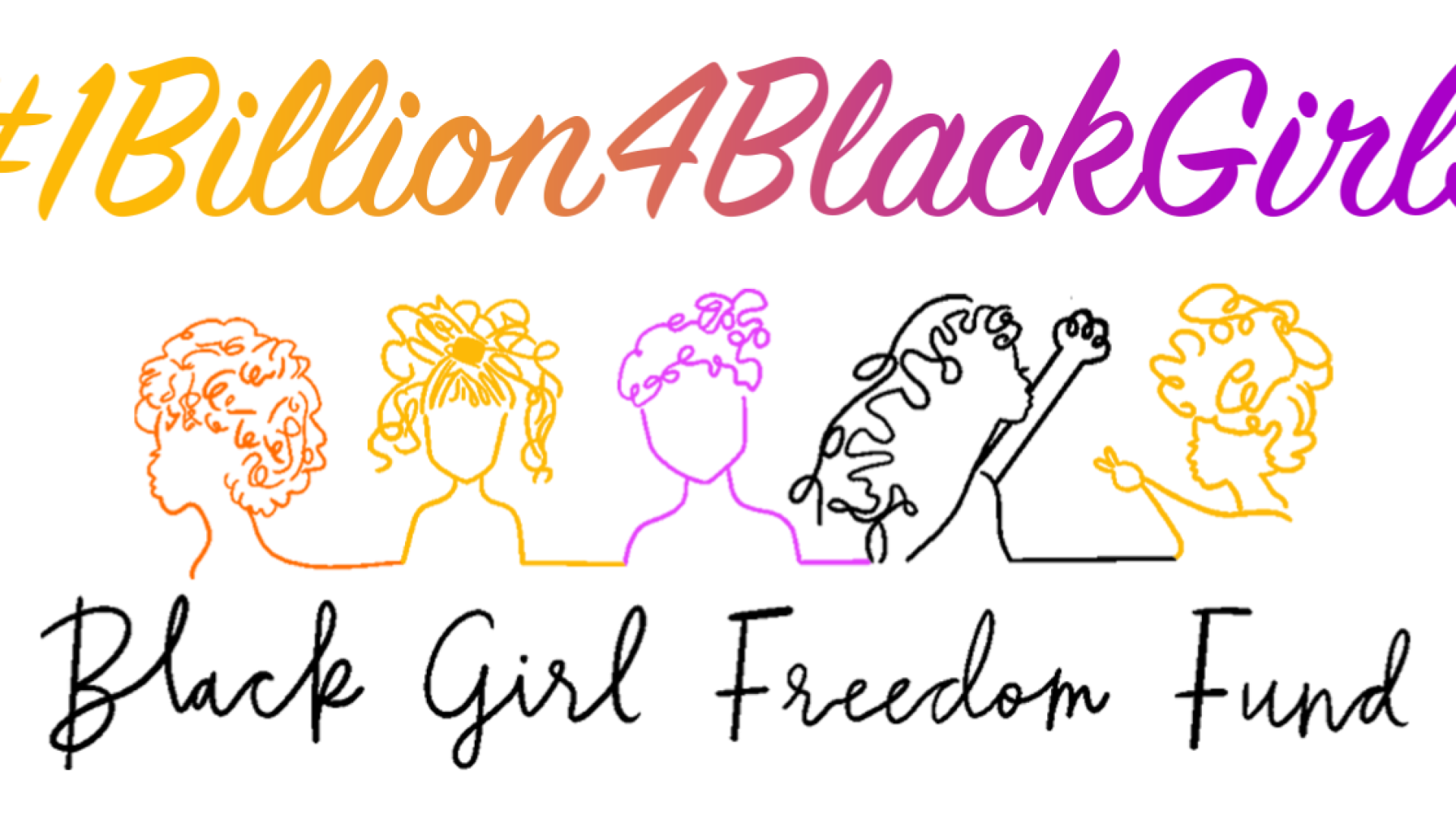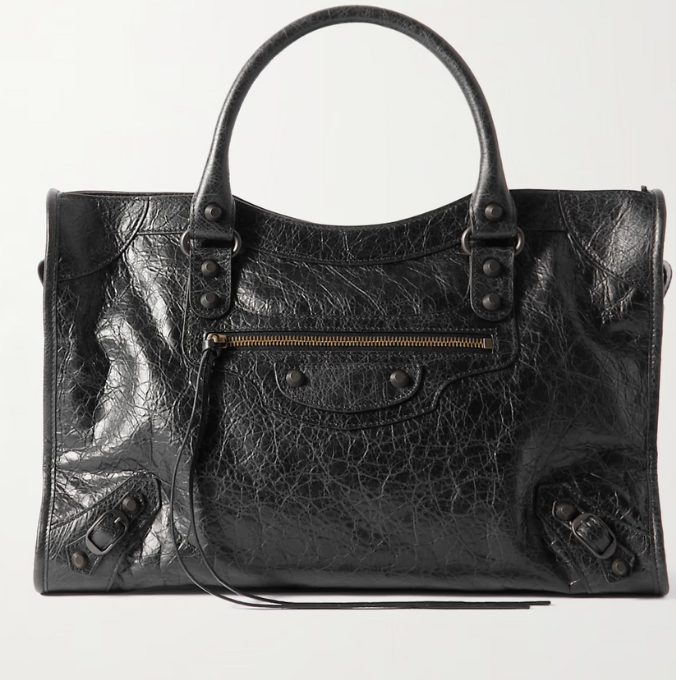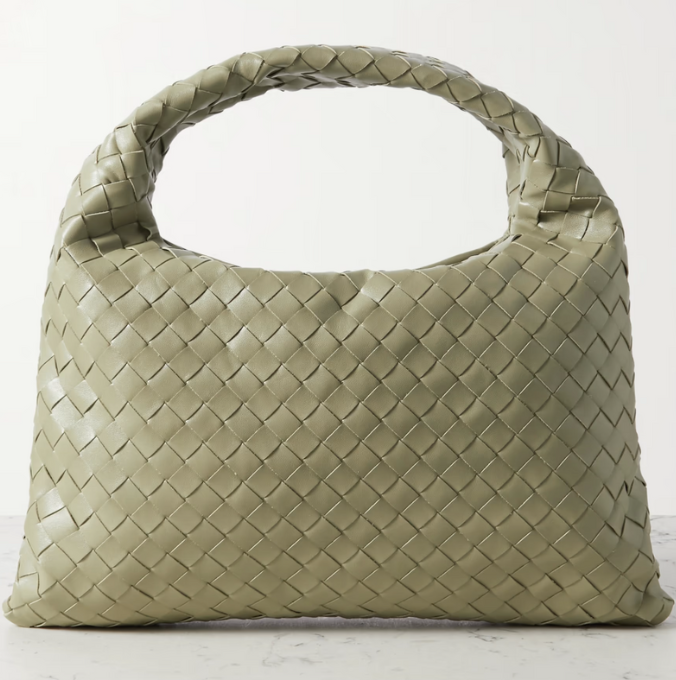
The week of February 13 – 19, 2023 marks the third annual Black Girl Freedom Week, virtually hosted by the Black Girl Freedom Fund and the #1Billion4BlackGirls campaign, where attendees can watch “free virtual events, including panel discussions, film screenings, music performances and” share resources “on how to support and engage Black girls and understand how to move investments in a meaningful way.”
This year’s theme revolves around the artistic vision, activism, and innovation of Black girls, femmes, and gender-expansive youth.
In alignment with that focus, award-winning writer, director, and producer Gina Prince-Bythewood is joining an illustrious group, including Dr. Monique W. Couvson– author of the book “Pushout” and President and CEO of Grantmakers for Girls of Color– and other changemakers aiming to demonstrate the infinite possibilities for our young Black youth.
Dr. Couvson spoke with ESSENCE and discussed what is to be expected during the weeklong event and her scholarship on the criminalization of Black girls in schools. This scholarship “talk[s] a lot about the simultaneous hypervisibility of Black girls and women and also erasure of us in these same spaces,” she shares. “Where we’re seeing, and in many cases, our work, our presence is even problematized.”
Black Girl Freedom Week gives Black girls a forum to counter that. It “provide[s] a space where there could be a robust engagement of the artistic genius and engagement and contributions of Black girls and women,” Couvson says.
Prince-Bythwood is known for creating this space on-screen, from the woman-centered “Love & Basketball” to “The Woman King.” So her support for Black Girl Freedom Week is no surprise.
On Tuesday, in a conversation on film and activism, the filmmaker stated, “[t]he most important thing for me as a filmmaker, is the reminder that I’m the first audience, and for all filmmakers, you should write what you want to see, and I want to see us. I know when I first started, how rare it was to see myself reflected on screen. It’s so important that more of us are writers and are sitting in the director’s chair to control our narrative and our images.”
Couvson echoes similar thoughts, addressing storytelling beyond the lens. “We want to be able to demonstrate that we still create, we still are engaged in the storytelling that is necessary for us to present the fullness of our identities and our histories, and how that has shaped other peoples and nations and experiences. We have the capacity to tell our own stories, we have the capacity to see ourselves, we have the capacity to be robust, and inclusive in all the ways, and that’s what we want to reclaim,” she asserts.
“When Maxine Waters said, ‘reclaiming my time,’” Couvson adds, “in many ways we are reclaiming our narrative. We got us, we will be able to create spaces that provide opportunities for those things, and that’s what we want to support, that’s what we want to invest in, and that’s what we’re hopeful this week begins to produce and light a fire for.”
The program amplifies the #1Billion4BlackGirls campaign, which was “launched in 2020 by eight Black women and femme leaders in activism, academia, the arts, and philanthropy,” according to a statement shared with ESSENCE.







The campaign calls on individuals and institutions “to invest $1 billion in Black girl-serving organizations, who are consistently underfunded.”
As the group shared, “research shows less than $15 million, about 4.2% of all philanthropic funding to women and girls of color overall, was specified as benefitting Black women and girls in 2017. Black women and girls received $17,000 less in grant support compared to a median of $35,000 for all foundation grants.”
A schedule for the rest of the week’s events is available at www.1Billion4BlackGirls.org.






